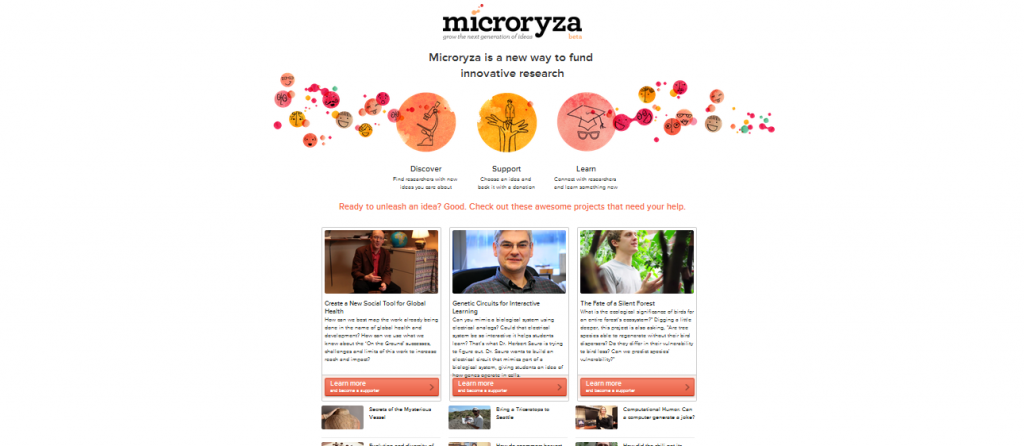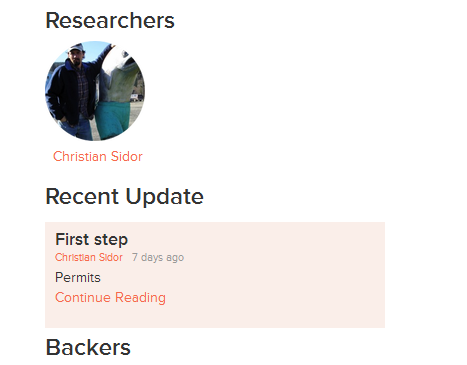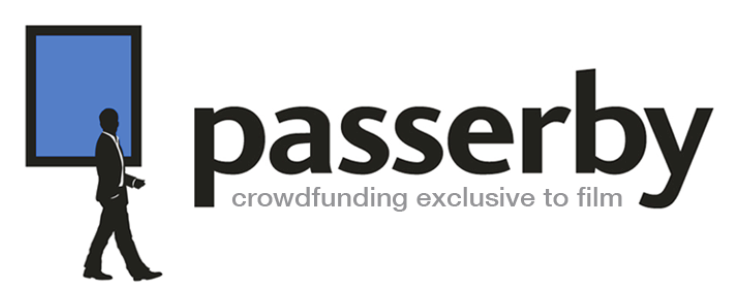 Milaap is a new startup in India that allows anyone in the world to loan money to people of India for anything from solar power,clean water, building toilets, training and more. What sets this apart from traditional crowdfunding or even donations, is the fact that the money collected is a loan and is actually paid back.
Milaap is a new startup in India that allows anyone in the world to loan money to people of India for anything from solar power,clean water, building toilets, training and more. What sets this apart from traditional crowdfunding or even donations, is the fact that the money collected is a loan and is actually paid back.
With Milaap’s business plan not only can anyone help make things better for people in India that can’t get traditional loans, but they can recoup their money as well, and then reloan if they wish to.
We got a chance to talk to Shubhashree Sangameswaran about this innovative new international startup, check out that interview below.
What is Milaap?
Milaap (www.milaap.org) is the first online platform that enables anyone from across the world to lend to India’s working poor for causes such as solar energy, clean water, building toilets, vocational and artisanal training. Since it’s a loan, not a donation, you get your money back once the borrower repays.
We believe that while a handout is good, a hand-up is even better. Donations create a huge impact, but their lifespan is short-lived. When you give a loan, on the other hand, you encourage the borrowers to be enterprising and responsible with the money, and if you re-lend the money, it can successively help more borrowers!
Who are the founders and what are their backgrounds?
The founders are Anoj Viswanathan, Mayukh Choudhury and Sourabh Sharma. Sourabh and Anoj have their roots in the same university, National University of Singapore (NUS), and have known each other for 6 years. They are all entrepreneurs; Anoj has worked with SKS Microfinance and D.light Design. Sourabh worked on and sold his first start up, MicroAppli, to OnMobile, while Mayukh has worked with Ernst& Young and D.light design.
Where are you based?
We are based in Bangalore, India, and we are incorporated in Singapore. We fund borrowers from all over India though.
How did you come up with the idea?
The idea for Milaap was born when Anoj, one of our co-founders, saw what a difference solar lighting made to underprivileged households in Orissa while working at SKS Microfinance. He realised that one of the reasons such products failed to make a bigger impact was because loans for these were unavailable at low interest rates. He teamed up with Sourabh (who having sold the product of his first startup was looking to build a consumer-facing internet startup for social impact) and Mayukh (who was trying to build loan programs for small scale retailers and kirana shop owners selling lighting products in rural Uttar Pradesh) and started Milaap in June 2010.
So is the idea behind Milaap to do business loans, general loans or is it more like American cash til payday loans?
Milaap focuses on the huge opportunity to weave microfinance around livelihood services. Our loans focus on bringing financial inclusion to over 700 million Indians who live on less than $2 a day: the people at the base of the pyramid. We hope to create sustainable and increased incomes that provide for their unmet needs through our loans.
What is the problem you are solving?
The people we target, those who earn less than $2 a day, find it difficult to access capital for their needs. The cost of capital from mainstream financial institutions is too high for them to afford, especially on loans for amounts between Rs 5,000 – Rs 50,000.
We provide access to affordable credit at almost 50% less than existing credit sources available to such small value borrowers, ensuring that they see value in the service and maintain their credit worthiness. We eliminate the usual wait associated with grants traditionally, and we enable our lenders and borrowers manage their own requirements as and when needed through a transparent and structured system.
Most importantly, we aim to create economic impact. Each Rs. 1 lent on Milaap creates at least Rs. 9 in economic impact, and helps lift families out of poverty.
What is your secret sauce?
Our secret sauce is that we focus on positive stories and creating opportunites rather than focusing on the problems. Our stories are grounded and we believe in steering clear of romanticism.
Share one or two of your great stories about how Milaap is helping the people of India?
We have seen many stories of change on Milaap, and all of them are dear to us. However, if we just have to pick two, one would have to be Sridevi’s story.
Sridevi is a female entrepreneur from Bangalore. She took a Rs. 50,000 loan to expand her artisan business. She started her business 10 years ago, and has since provided employment to the destitute women of Bangalore’s slums. With her loan, she bought new equipment and is now able to employ 60 people in her unit. You can watch the video here: http://youtu.be/QZDA7p0YgxI
We also have Parameswaran, who had no access to a toilet at his home a year ago. He would carry his disabled daughter everyday so that she could relieve herself. Milaap changed his life. He got a loan of Rs. 10,000 to build a toilet, and now, he does not have to carry his daughter to the fields anymore. You can watch the video here: http://youtu.be/2vAYmtmmlQY
What is your plan to scale up?
We ultimately aim to make microlending a part of people’s everyday life. We plan to tap into social media tools to our advantage. In future, you will be able to browse through borrower profiles right from your Facebook account and make a loan.
We hope to make our presence felt in the retail sectors online and offline as well. While you shop online, recharge you cellphone online, or even eat out at a restaurant, you will be able to lend a few dollars to Milaap.
We have also launched payroll lending with a few corporates wherein employees can simply opt to have a small amount from their monthly pay given out as a loan to Milaap. This is simple and hassle-free. Since this is a loan, 100% of the money comes back to them.
Are credit scores and factors as hard in India as they are in the US? What do you need to do to qualify to get a loan through Milaap?
In India the poor do not have collateral to access loans from banks. The rural poor tend to be excluded from financial banking systems and most of their financial transactions happen informally. Usually for large sums of money, they rely on local moneylenders and lending clubs.
Milaap uses social collateral as an approach to overcome this. Group-based loans where individuals serve as guarantee for each other is an approach we employ. Other mechanisms to ensure repayments are making loans in the name of training institute for an education loan and or the artisan training institute for artisanal loans.
What are the safety features to protect the lender?
Milaap follows strict policy measures to cover all risks to our lenders. Our standards and processes have been laid out with the advice of our highly qualified advisors, who have significant experience in microcredit and financial services.
Our field partners are selected after rigorous due diligence to ensure that they have a grounded understanding of the borrowers needs and capabilities. Our field partners have a strong market presence and over three years of experience interacting with borrowers. As a result, we have been lucky to have a repayment rate of 100% to date.
In the off-chance that a borrower defaults on a loan, we offer a 20% first-loss guarantee through our field partner.
What’s next for Milaap?
Our goal is to redefine the way people think about charitable giving, not a one-time write-off but make it ubiquitous and part of our everyday activities, making it more engaging beyond financial transactions.
On the ground, we hope to expand to offer loans in all parts of India and ultimately make essential services accessible to all. Once the basic needs are taken care of, that’s the beginning of real, positive change.
Where can our Indian readers find out more?
They can visit our site, www.milaap.org, and read our blog: blog.milaap.org for all our updates. We are also on Facebook at www.facebook.com/Milaap.org and Twitter as @milaapdotorg. Be sure to follow these channels and make a loan!
Linkage:
Find out more about Milaap here at milaap.org
Nibletz is the voice of “everywhere else” check out these stories from “everywhere else”
We’re on a sneaker-strapped, nationwide startup roadtrip, check it out here
 Crowdfunding is a hot startup space. So hot in fact that Ben Tao and Eric Lai, two entrepreneurs in the adult business, have started Offbeatr.com which is a crowdfunding source for adult projects.
Crowdfunding is a hot startup space. So hot in fact that Ben Tao and Eric Lai, two entrepreneurs in the adult business, have started Offbeatr.com which is a crowdfunding source for adult projects.

















